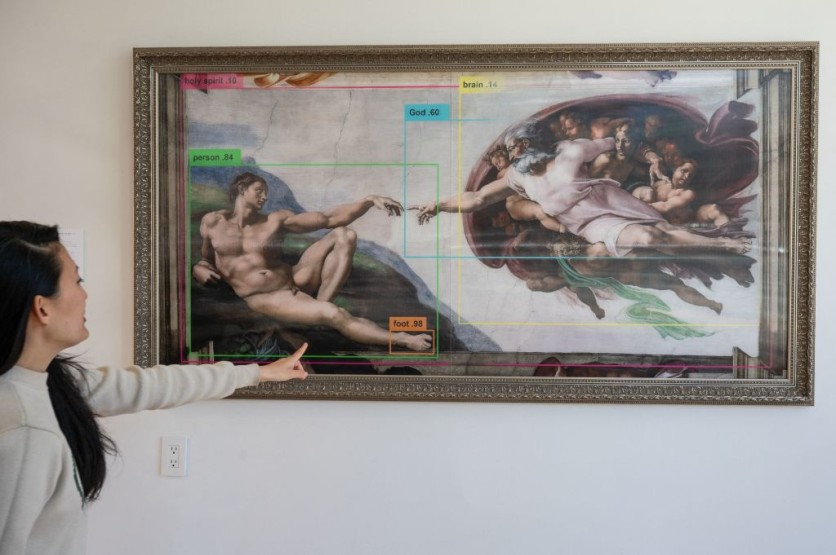As concerns mount, a collaborative effort unfolds among artists and researchers to confront AI models like MidJourney and Stable Diffusion, notorious for utilizing copyrighted images without artists' knowledge, consent, credit, or compensation.

Safeguarding Creative Creations
Worries escalate among artists and writers regarding generative AI models capable of incorporating copyrighted, private, or sensitive images without proper acknowledgment or compensation, as reported by Interesting Engineering.
US illustrator Paloma McClain discovered her artwork being harnessed to train AI models without due credit or compensation. In response to this infringement, McClain adopted Glaze, a free software crafted by researchers at the University of Chicago.
Glaze employs a strategic pixel manipulation technique, imperceptible to humans yet significantly altering the appearance of the original art for AI models. This pioneering approach empowers artists like McClain to protect their creations from unauthorized use by these systems
In the ongoing battle against AI copycats, Glaze has made a significant mark. The application has garnered widespread recognition, earning a place on Time Magazine's prestigious 'Best Inventions of 2023' list.
With over 1.6 million downloads, Glaze emerges as a powerful tech weapon, aiding artists in safeguarding their creations against the menace of AI copycats. The unique challenge of style mimicry, where AI models imitate individual artists, adds complexity to the issue.
TechXplore reported that Glaze disrupts style mimicry by introducing subtle changes to artworks, rendering them visually unchanged to the human eye while significantly differing from AI models.
McClain conveyed her discomfort regarding the issue, emphasizing that it troubled her. She holds the belief that genuine and meaningful technological progress should be conducted ethically, with the aim of uplifting all individuals rather than operating at the expense of others.
Providing a valuable resource for artists, the tool is available free of charge, aligning with its research-driven and non-profit objectives. The introduction of WebGlaze expands accessibility, allowing artists to utilize Glaze across various devices through a web service.
The team of researchers behind Glaze, including Ben Zhao, a computer science professor, emphasizes their role in providing technical tools to assist in safeguarding human creators against invasive and abusive AI models.
Acknowledging Setbacks
Despite its current effectiveness and being featured in Time Magazine's 'Best Inventions of 2023' list, Glaze is not considered a permanent solution and may encounter challenges in achieving foolproof protection against evolving AI tools and algorithms.
Acknowledging inherent risks and limitations, the creators underline their commitment to ongoing enhancements aimed at improving Glaze's effectiveness. Simultaneously, they emphasize the pursuit of longer-term protective measures to benefit the artistic community.
In their continuous efforts, the team is developing an enhanced version of Glaze called Nightshade, designed to further bolster the protection of artists by introducing confusion to AI. For instance, it can trick an AI into identifying a cat as a dog.
The persistent issue of copyright infringement and AI replication of original works has garnered attention over the past year. High-profile figures like George RR Martin and Sarah Silverman have filed lawsuits against OpenAI for utilizing their work without permission to train ChatGPT.
Related Article : US Copyright Office Launches Public Comment Period on AI and Copyright to Address Key Questions

ⓒ 2025 TECHTIMES.com All rights reserved. Do not reproduce without permission.




